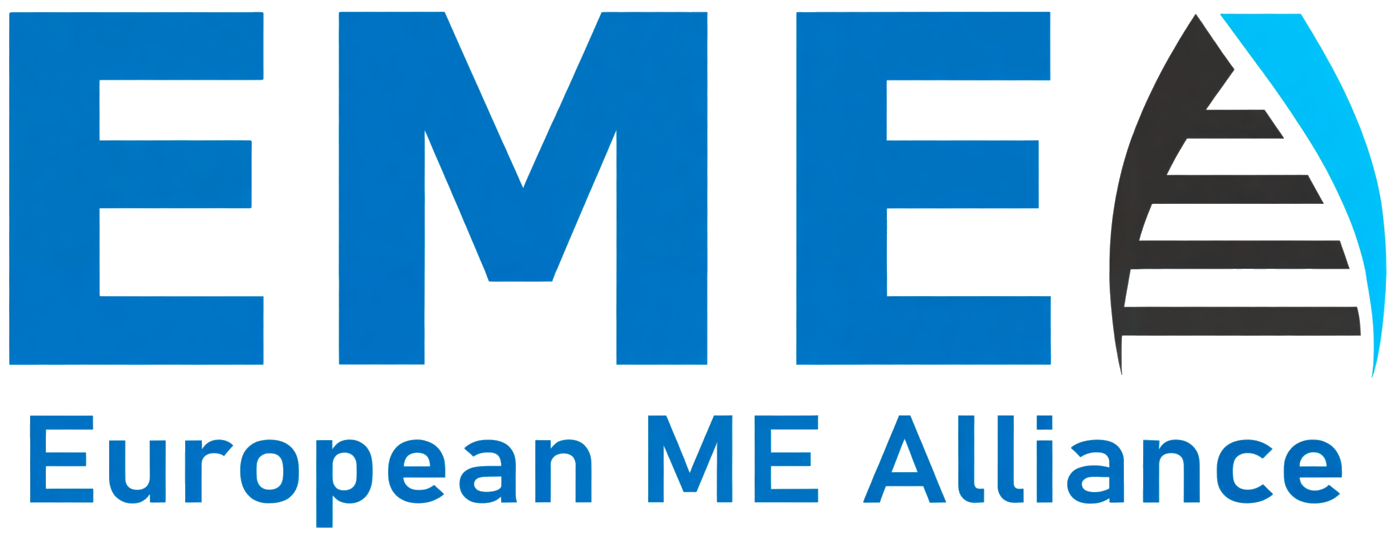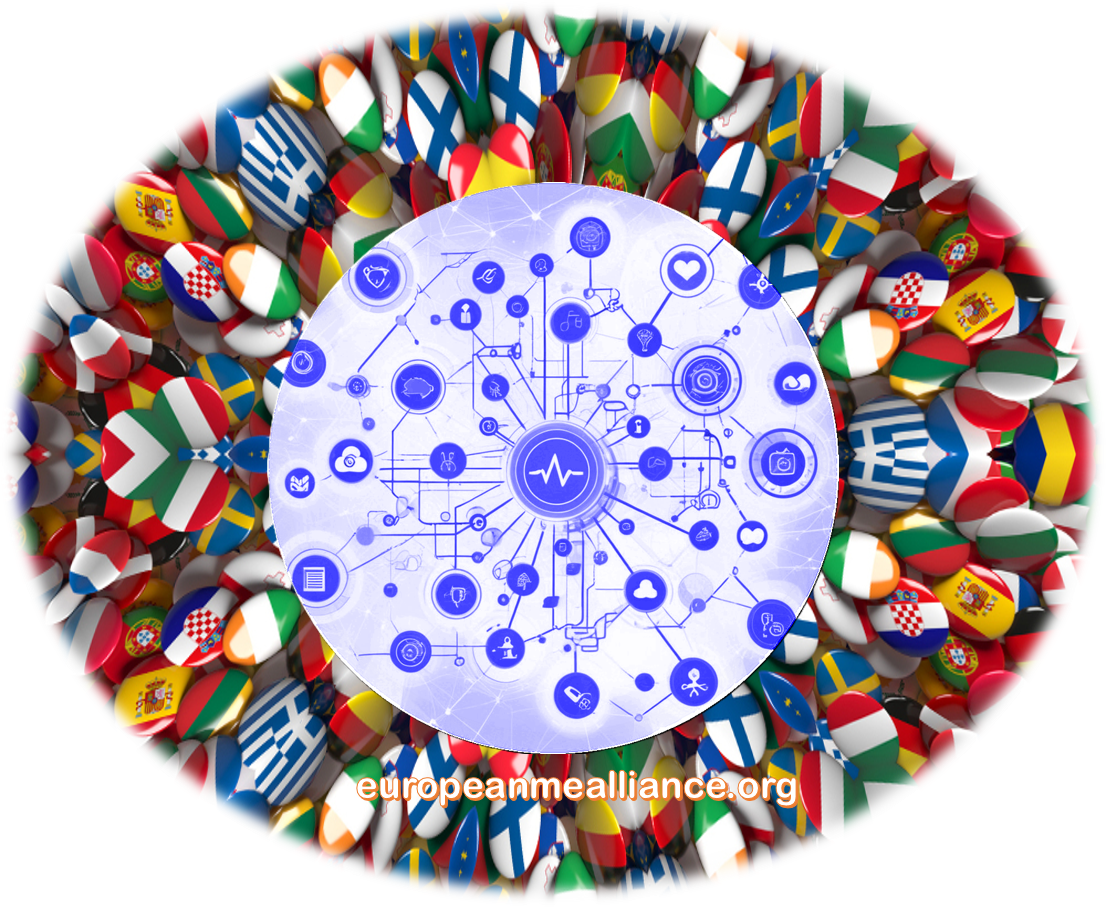
EMEA Presenting at the 74th session of the World Health Organisation Committee for Europe
EMEA News for October 2024
In 2023 the European ME Alliance received
‘
official Non-State Actor accreditation’ status
from WHO’s Regional Office for Europe during WHO Europe’s 73rd Regional
Committee Meeting (RC73).
This status permits EMEA to participate in WHO Europe Regional Meetings and
to make official statements on agenda topics of interest.
EMEA aims to use this platform to improve awareness, recognition, and action for Myalgic Encephalomyelitis (ME) across
WHO Europe’s 53 member states.
EMEA statement at 74th Regional Committee Meeting for Europe on the
agenda item 9
Framework for resilient and sustainable health systems in the WHO European Region 2025–2030
The European ME Alliance delivered a statement for the 74th Regional Committee Meeting for Europe on the topic of a Framework for resilient and sustainable health systems in the WHO European Region 2025–2030.
Our statement noted that commendable objective of WHO Europe for people to trust that they will receive timely,
adequate, and affordable care, is currently outside of the reach of people with
myalgic encephalomyelitis (ME, sometimes referred to as ME/CFS), who are being left behind
due to the dangerous lack of knowledge about the disease.
The decades of neglect, stigma, trauma, and disbelief
experienced by patients and carers has been discriminatory and a violation of their human rights.
We provided the key messages from our EMEA Pan-European ME Patient Survey , including the urgent need to recognise ME as a severe and debilitating physical disease, and to provide adequate medical care, financial support, personal assistance, and social services for the many sufferers who are so disabled that they cannot work, perform daily tasks independently, or physically care for themselves.
We commented on what we believe to be the main reasons for lack of diagnosis of ME patients:
- There is no European ME strategy for ME, and practically no national strategy exists to address this illness and its unique and debilitating symptoms.
- Research remains under-prioritised and under-funded resulting in the lack of discovery of diagnostic biomarkers.
- This leads directly to ignorance about the disease, and consequentially to disbelief of patient-reported symptoms by the medical community despite the existence of clinical guidelines for its diagnosis, thousands of evidence-based scientific publications, and its recognition as a neurological condition by the WHO since 1969.
We raised awareness that ME patients require the safety of a legal and regulatory framework to protect their rights and allow access to unemployment and disability benefits – things that people with ME are regularly denied.
We concluded by stating that the European ME Alliance can support WHO Europe and its Member States with our network of international ME researchers, clinicians and national patient organisations and charities who, if properly funded, can work to improve the outcomes of patients and relieve the economic burden that ME places on national economies and health systems.
Further Reading:
- WHO Europe Message for International ME Conference Week Delegates
- EMEA Presenting at the 74th session of the World Health Organisation Committee for Europe
- EMEA statement at 74th Regional Committee Meeting for Europe on the agenda item discussing the State of Health in the WHO European Region
- EMEA statement at 74th Regional Committee Meeting for Europe on the agenda item 8 European regional action framework for behavioural and cultural insights for equitable health, 2022–2027
- EMEA statement at 74th Regional Committee Meeting for Europe on the agenda item 9 Framework for resilient and sustainable health systems in the WHO European Region 2025–2030
- EMEA statement at 74th Regional Committee Meeting for Europe on the agenda item 12 Harnessing innovation for public health in the WHO European Region 2025–2030: preparing for a new strategy



